Sunrise Mall Launches in Citrus Heights
Sunrise Mall opened in 1972 as a single-level indoor center in Citrus Heights, built to anchor the growing suburbs northeast of Sacramento.
It featured four department stores and wide corridors with clean glass storefronts, drawing steady foot traffic from nearby neighborhoods.
Macy's eventually took over two anchor spaces, and by the 2000s, a tiled food court with a central fireplace refreshed the aging mall interior.
For decades, it served as a steady draw for shoppers east of Sacramento. Parking lots filled for back-to-school sales, holiday runs, and later, tennis matches in the summer.
The structure remained largely unchanged, but the names on the signs did change.
As of mid-2025, only JCPenney is still open. The Sears and Macy's stores are vacant, and most interior shops have cleared out.
The city has a long-term plan for redevelopment, but the building remains open, for now.
Foundations and first tenants (1971-1983)
Sunrise Mall was built in 1971 by The Hahn Company and opened the following year.
Located at the intersection of Sunrise Boulevard and Greenback Lane in Citrus Heights, the mall was laid out on a single level with four anchor stores: JCPenney, Sears, Liberty House, and Weinstock's.
The Weinstock's store officially opened on February 14, 1972.
The early layout followed a cross-axis format, with large retail anchors positioned at each end and dozens of mid-sized tenants between them.
All four anchors were accessible from exterior parking lots and from within the enclosed interior.
The design followed the typical regional mall plan of the time, open tile corridors, natural lighting through skylights, and minimal vertical development.
Sunrise Mall was one of the largest indoor shopping centers in the Sacramento region at the time.
It was positioned directly across from Birdcage Walk, a nearby shopping plaza that competed for department store traffic.
The presence of four national chains helped define the mall as a central destination for retail on the east side of the metro area.
Throughout the 1970s, the tenant mix remained steady.
Retail realignment and department store consolidation (1984-1995)
In 1984, Liberty House closed its Sunrise Mall store. That closure followed a broader exit from the mainland U.S. market.
Macy's soon took over the space, bringing its department store brand across Sunrise Boulevard from Birdcage Walk.
This marked the company's first full location inside the mall.
During the following decade, the remaining Weinstock's store continued operating until 1996.
That year, its building was converted into a second Macy's, branded as the Men's and Home store.
This change followed Macy's acquisition of Broadway Stores, which owned the Weinstock's brand.
It allowed Macy's to consolidate its local operations into a dual-anchor setup within Sunrise Mall.
The JCPenney and Sears anchors remained in place, keeping all four anchor spaces active.
Storefronts between the anchors were filled with national chains common to mid-1990s indoor malls.
Macy's renovation of the former Weinstock's building introduced minor layout changes but did not alter the mall's larger configuration.
Expansion, renovation, and public events (1996-2014)
In 1999, Sunrise Mall underwent its first major interior renovation.
Finishes were updated across the common areas, including flooring, lighting, and seating.
Mall signage, both interior and exterior, was also modernized during the update.
In 2007, a 500-seat food court was installed between JCPenney and Macy's Men's and Home.
The design included a fireplace, a mid-sized skylight, and casual seating.
The addition repurposed part of an existing corridor without altering the overall footprint of the mall.
The food court brought in new tenants and allowed more flexibility for promotional tables and temporary vendors.
By 2011, Sunrise Mall had again become a venue for regional sports programming.
That summer, the Sacramento Capitals hosted their first home match of the World TeamTennis season in the Sunrise Mall parking lot.
The team had previously played there in earlier years but had moved to the Galleria in Roseville.
Their return brought in short-term retail partnerships, mall-branded giveaways, and small vendor booths around the lot.
The Capitals' 2011 season lasted from July 4 to July 24, with matches drawing local and regional visitors.
The team relocated again in 2014.
Tenant turnover and declining anchors (2015-2018)
In 2015, Sears Holdings separated 235 properties into a new entity called Seritage Growth Properties.
The Sears building at Sunrise Mall was one of them.
Later that year, Spinoso Real Estate Group purchased the main mall property from Steadfast Companies.
The transfer did not include the Sears parcel.
In July 2018, the Sears store closed as part of a national cutback. Its signs came down, and the space went dark.
On December 20, 2018, Namdar Realty Group acquired the mall from Spinoso.
The purchase added Sunrise to Namdar's portfolio of aging regional centers.
By that point, the mall was down to three operating anchors: JCPenney and two Macy's locations.
Vacant storefronts had started to spread across interior wings.
Mall directories stayed in place, but foot traffic had slowed, and fewer national chains were renewing leases.
Planning the future while vacancies grow (2019-2023)
In 2019, Citrus Heights launched the Sunrise Tomorrow planning process to redevelop the 100-acre Sunrise Mall site.
The plan aimed to convert the mall into a mixed-use district with housing, retail, office space, and hospitality options.
Throughout 2020 and 2021, the city led workshops, released design concepts, and approved environmental studies.
The plan did not call for immediate demolition but allowed for phased redevelopment over several decades.
The Sunrise Tomorrow Specific Plan was adopted in late 2021.
It preserved flexible zoning while encouraging walkable design and denser building patterns.
Under the adopted framework, mall ownership would retain control over timing and parcel development.
Still, changes would be subject to new sitewide design guidelines.
During this period, Namdar Realty made no public moves toward redevelopment. By the end of 2023, the mall remained structurally unchanged.
Still, its occupancy rate was down, and most foot traffic came from JCPenney or interior walkers using the corridors for exercise.
Closures, code violations, and city pushback (2024-2025)
In March 2025, both Macy's anchors at Sunrise Mall closed. The decision was part of a nationwide plan to shut down 66 underperforming locations.
The closures included both the Macy's main store and the Macy's Men's and Home store, leaving JCPenney as the last operating anchor.
Around the same time, other tenants left or were listed as closed, including Tilly's, Pretzelmaker, Pro Image Sports, Naija Cuisine, and the Espresso Bar coffee cart.
The Taco Bell and Lin Den Massage storefronts also went dark.
By May 2025, the city obtained and executed an inspection warrant for the mall's interior.
Code enforcement, building inspectors, police, fire officials, and public health staff participated.
The report cited electrical hazards, broken plumbing, roof leaks, mold, signs of rodent activity, and squatter presence in unused units.
Interior conditions were documented over three days. The mall remained open to the public while enforcement procedures were ongoing.
In July 2025, the city reported that Namdar Realty Group had paid less than two percent of nearly $500,000 in assessed code fines.
Citrus Heights filed a civil lawsuit against the company for continued violations.
At the time of filing, fewer than two dozen tenants remained in the building.
Redevelopment conflicts and stalled plans (2025)
In April 2025, the Citrus Heights City Council reviewed an amended proposal submitted by Conrad Property Group.
The plan included a new Home Depot, additional retail pads, and six drive-through restaurants.
Councilmembers voiced concerns about the layout, traffic circulation, and lack of public green space.
City staff noted that only one percent of the proposed site was reserved for open space, far below the 30 to 40 percent outlined in the Sunrise Tomorrow plan.
The Council declined to forward the proposal to a formal vote.
At the same time, city staff released updated materials highlighting milestones already completed under the Sunrise Tomorrow framework.
These included environmental clearance, a flexible parcel map, and a development agreement.
Some temporary uses had returned to the property, such as a Montessori school and an EV charging station in the lot.
No major physical changes were underway.
The long-term plan remained unchanged. However, Namdar Realty Group had not submitted redevelopment proposals of its own.
The city's lawsuit continued in parallel. As of late July 2025, no new construction had begun, and the bulk of the interior remained unused.
Sunrise Mall remained open for business, but with nearly all major anchors gone and little visible change on site.

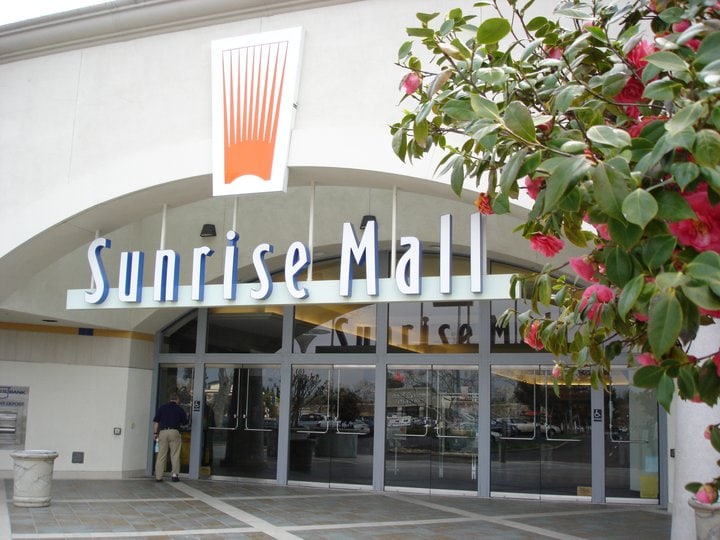
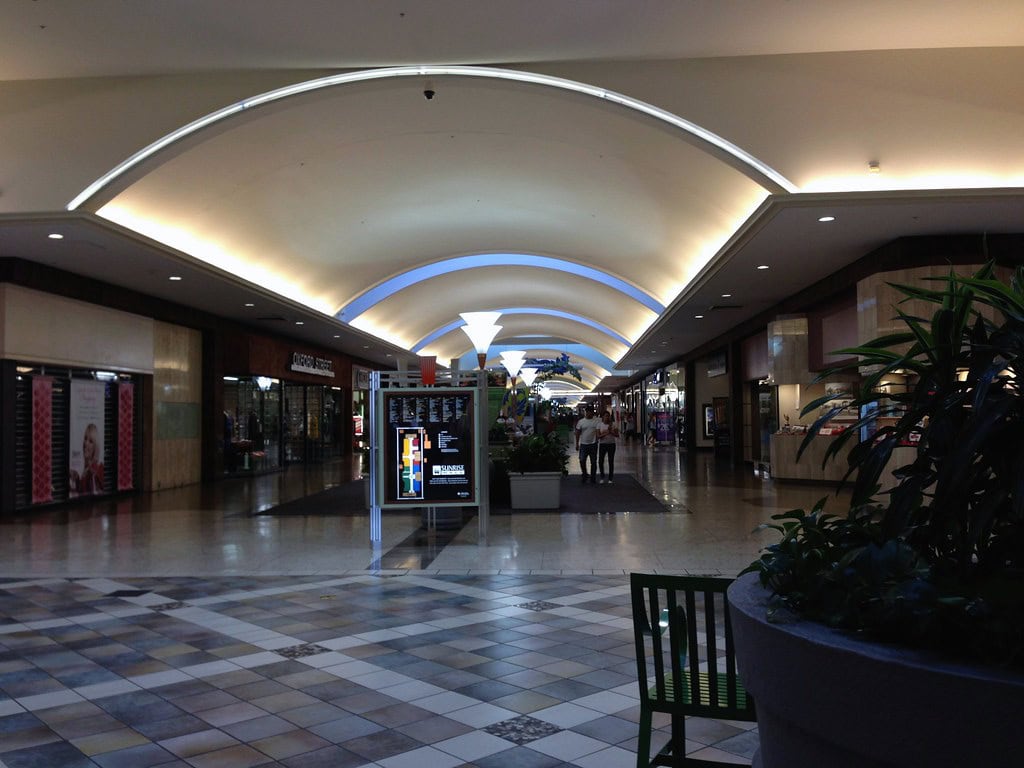
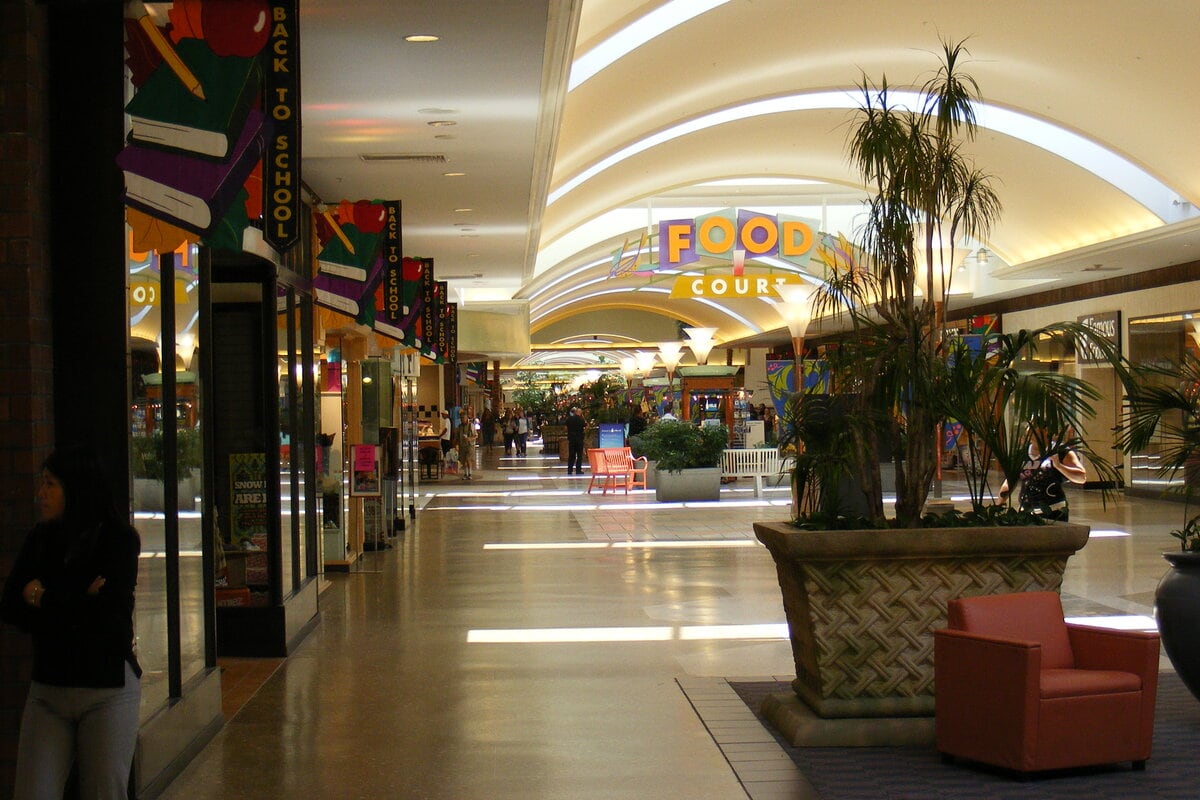
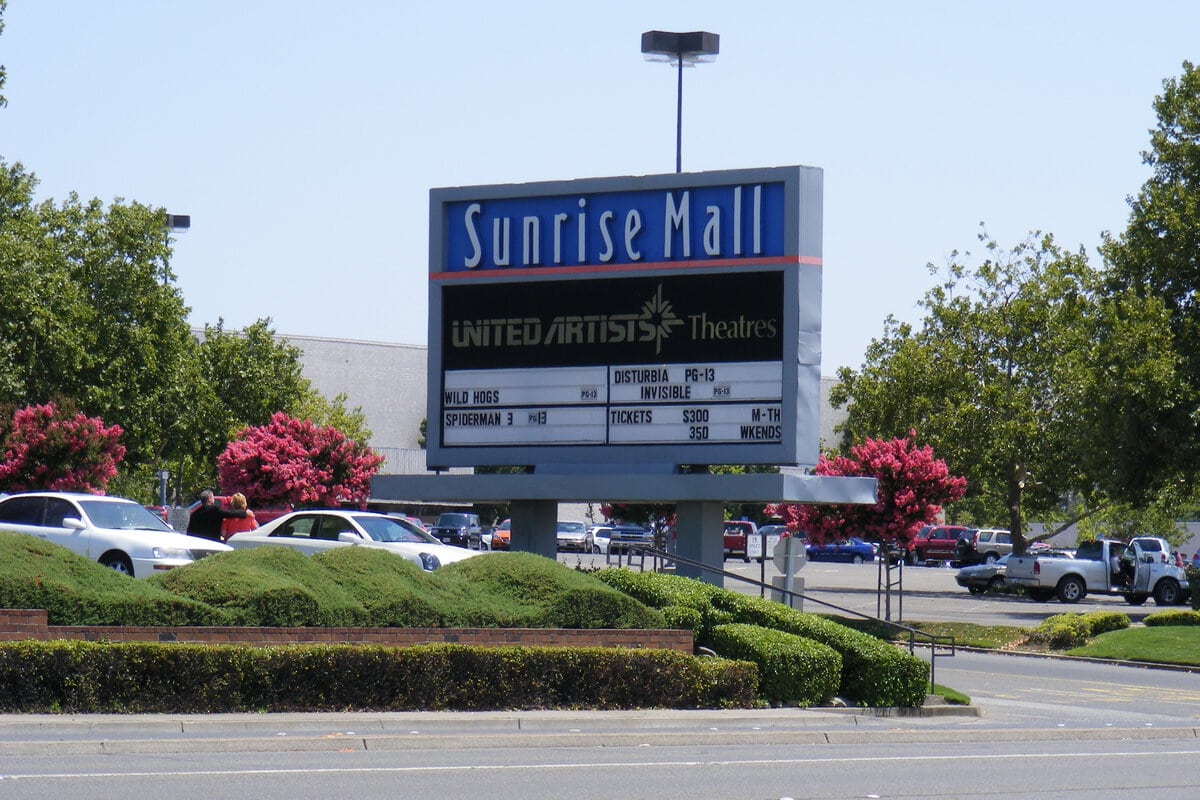
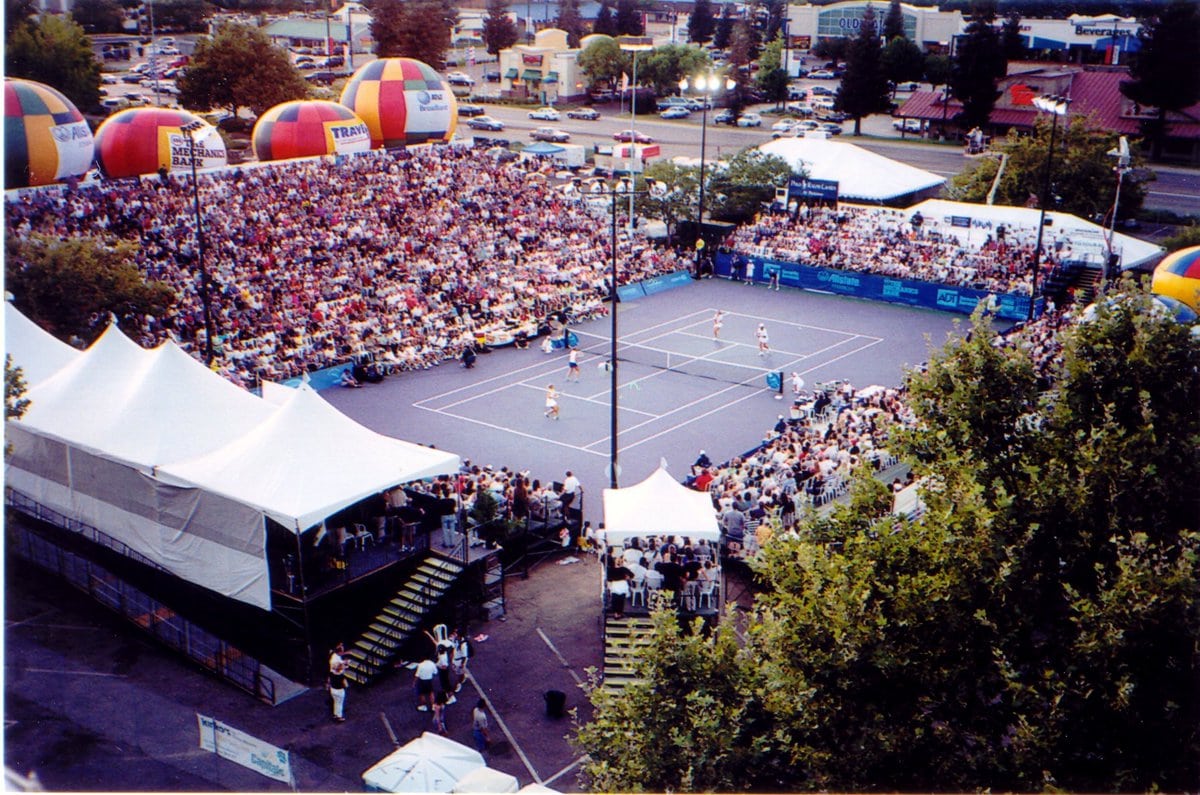
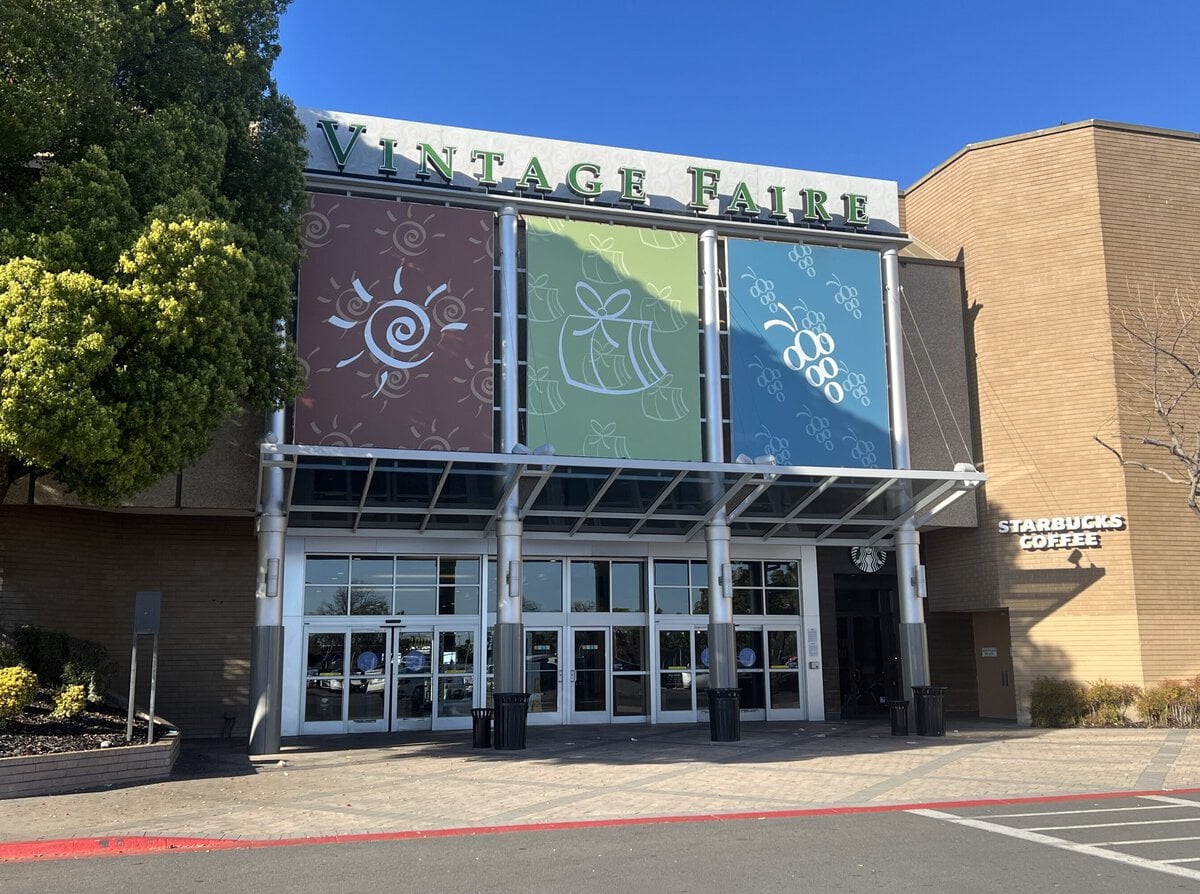
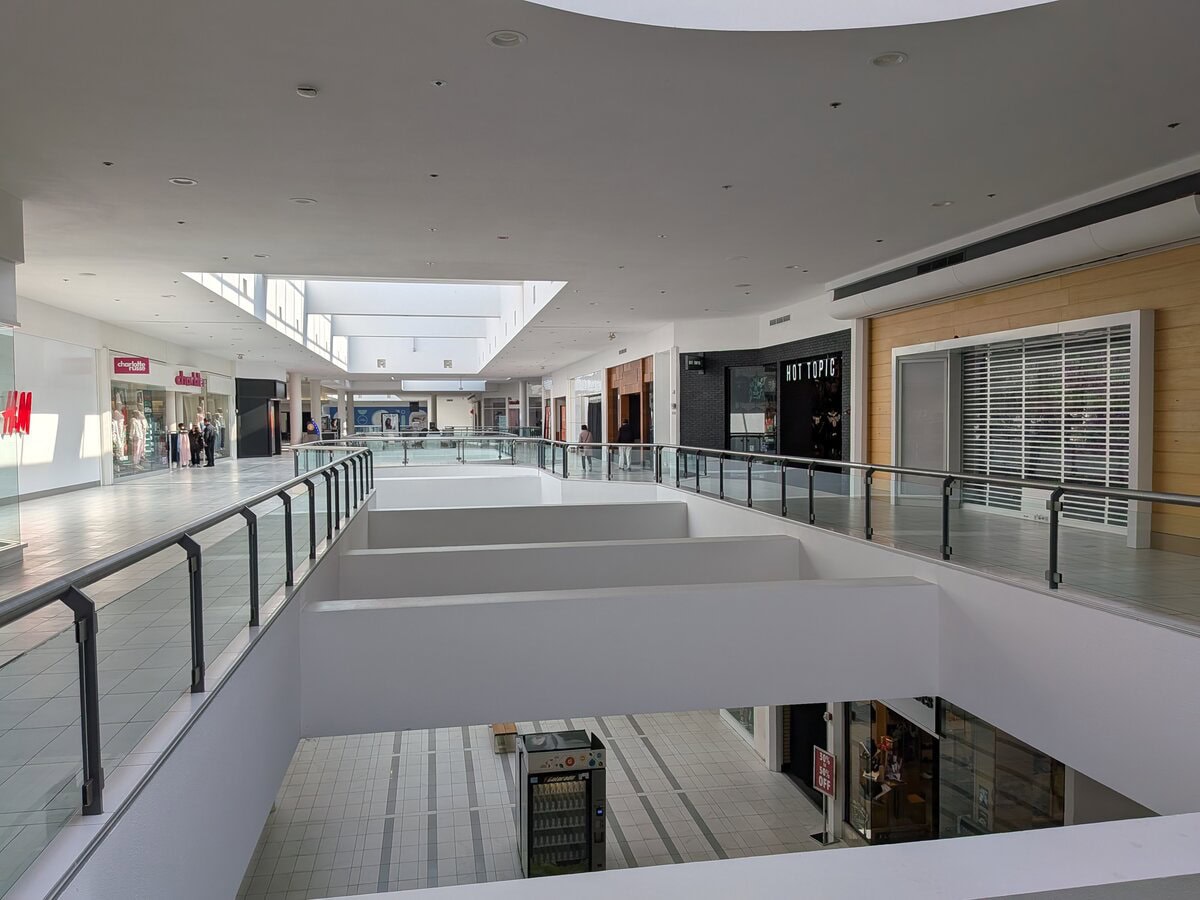

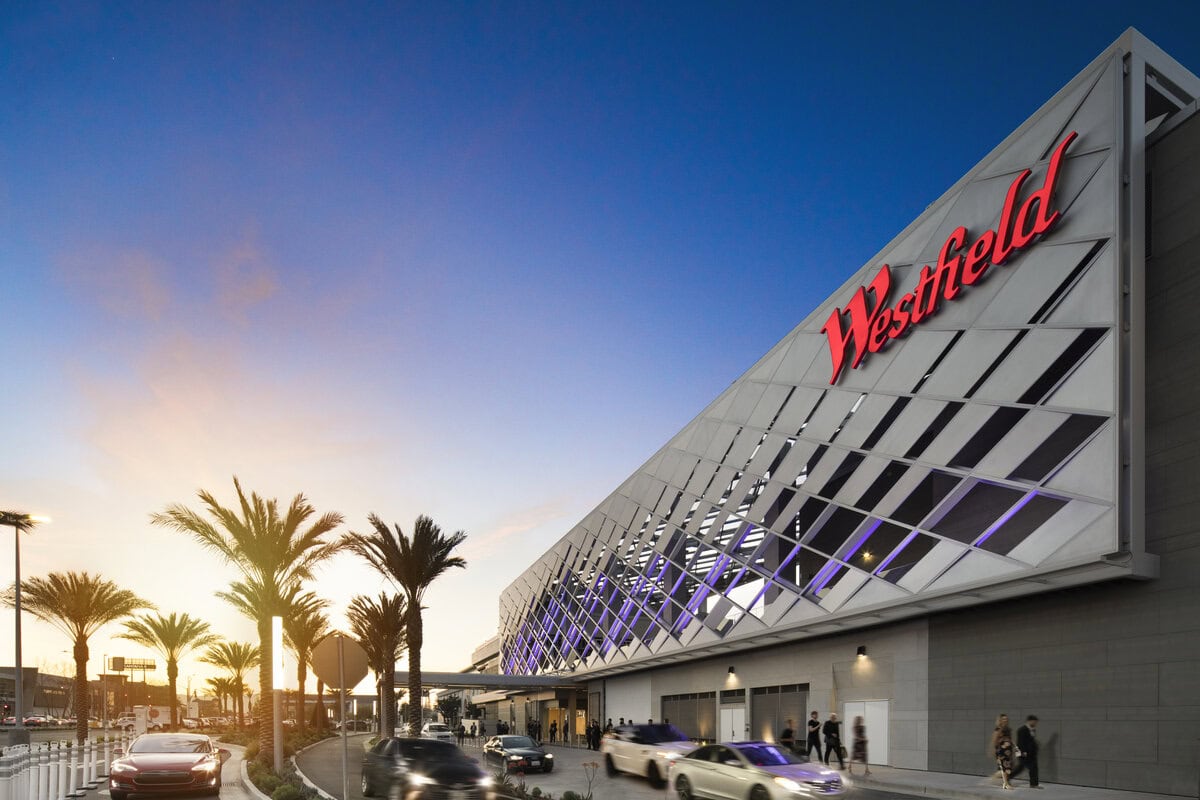

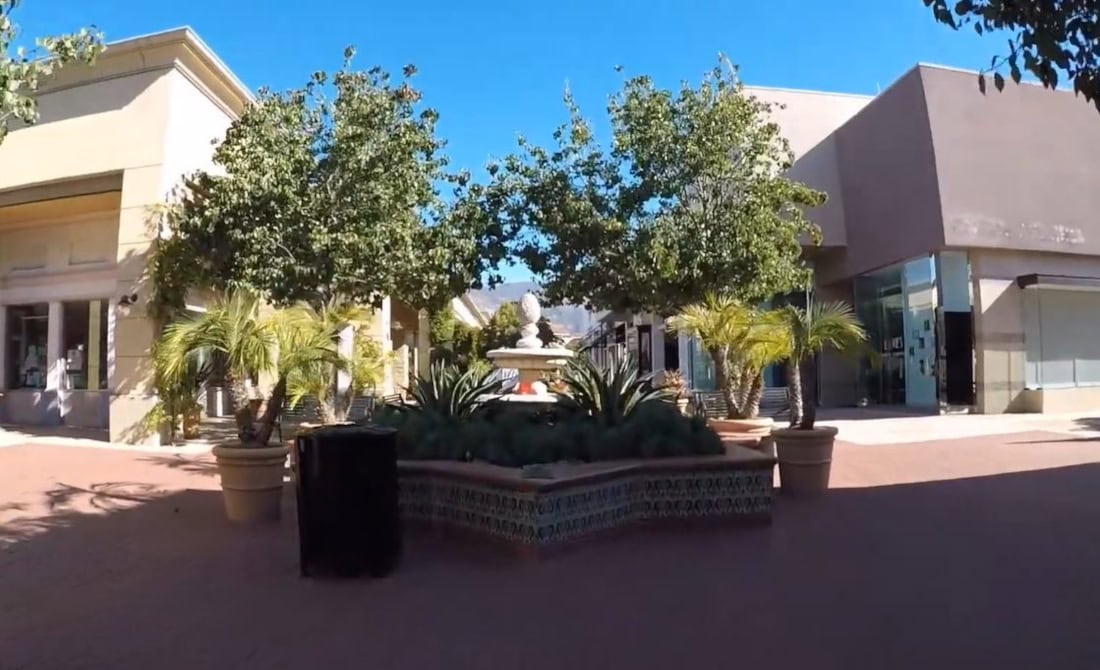
Thanks for the update, but what is the future. This could be a valuable resource for the community and yet it sits as a big eye sore just allowing continued decline. Can't the City declare it unfit and condem the property forcing the owner to take some positive action.
Your frustration captures what many feel. A property of that size could shift the area if only the owners and the city could move together.